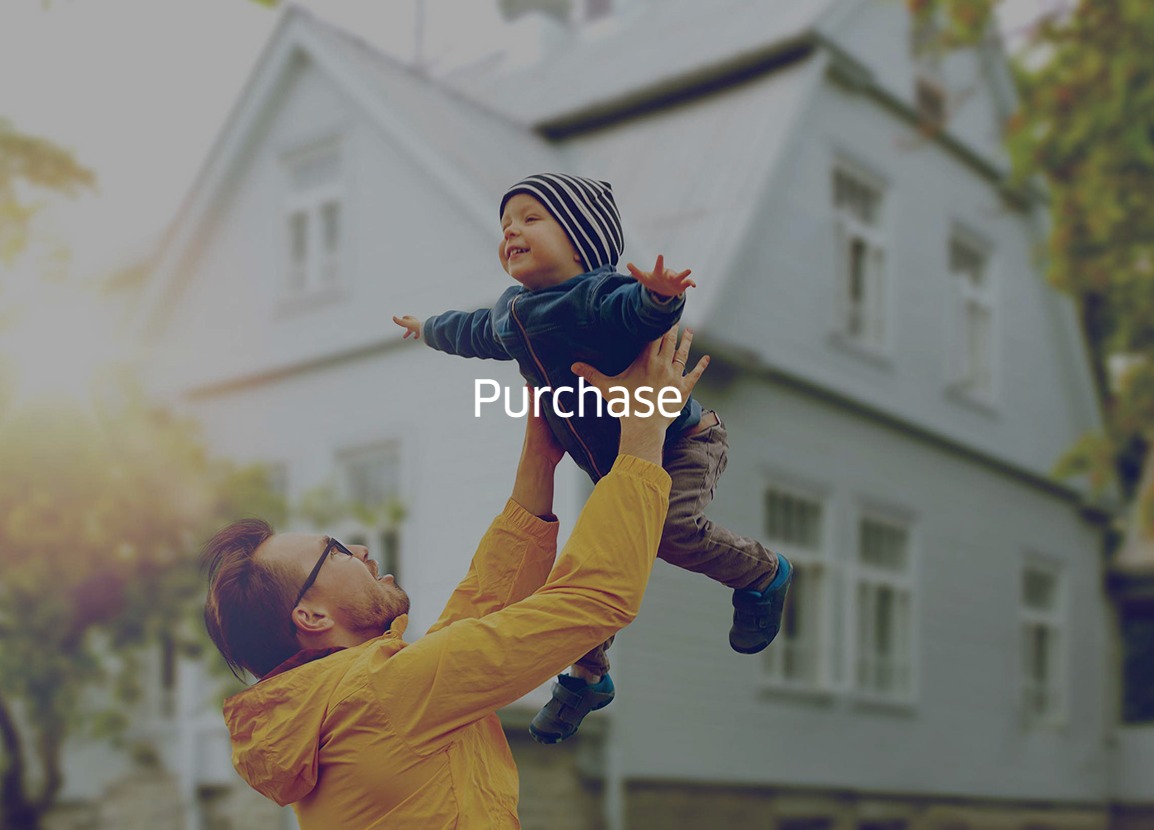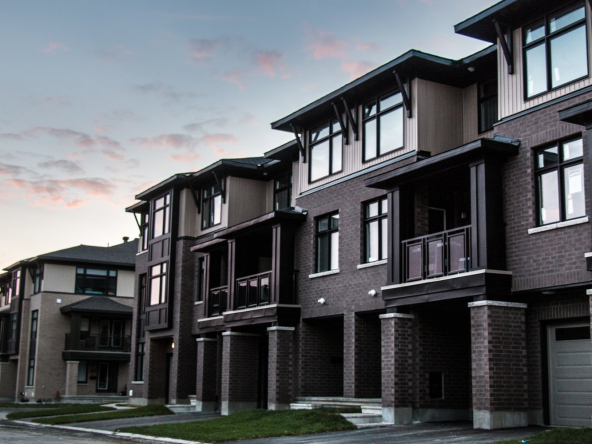If you’re looking to buy a home or property, chances are you’ll need a mortgage. A
mortgage is a loan that allows an individual to purchase a property. Most people require a
mortgage because few have the cash on hand to buy a home outright. As with all loans, you
must repay the amount borrowed, plus interest.
That’s a very broad overview of how mortgages work. But there’s some other key things
you should know.
Down payments
When you buy a home, you can’t borrow the entire amount to make the purchase. You have
to make a down payment of at least 5% of the purchase price in order to get a mortgage.
Currently, the minimum down payment for homes $500,000 and under is 5%. For homes
costing more than $500,000 and below $1 million, the minimum down payment is 5% for
the first $500,000 and 10% for the amount above $500,000. If the property costs more than
$1 million, the minimum down payment is 20%.
Mortgage term
The mortgage term is the period of time you agree to the interest rate and conditions with a
particular lender. Once the term is up, you must agree to a new rate. In Canada, the most
popular term is five years.
Mortgage amortization period
After taking out a mortgage, you have to pay back the loan over a specified period of time.
This is known as the amortization period. The longer the period, the less you pay each
month. In Canada, the typical amortization period is 25 years.
Fixed vs. variable
When you get a mortgage, you have to decide whether to go with a fixed or variable
interest rate. A fixed rate stays constant for the whole term of the loan, whereas a variable
one fluctuates based on changes in what’s called the prime rate. A variable mortgage rate is
usually quoted as plus or minus the prime rate (for example, prime plus 0.3%). Fixed-rate
mortgages give you certainty, whereas a variable-rate mortgage exposes you to potentially
higher rates but also the possibility that your rate will decrease.
Open vs. closed mortgages
An open mortgage allows you to pay down any amount of your mortgage without incurring
a prepayment charge. By contrast, a closed mortgage only allows to pay off a certain
amount of the mortgage balance each year without paying a penalty.
Payment frequency
Payments can be made weekly, bi-weekly and monthly. There’s also the option of choosing
accelerated bi-weekly and accelerated bi-monthly payments. With these options, your
annual payments are slightly larger which means your mortgage balance falls at a faster
pace.
Mortgage default insurance
If your down payment is less than 20%, federal regulations require that you purchase
what’s known as mortgage default insurance. This protects the lender in the event that you
default on your mortgage. Depending on how much of a down payment you make and the
size of your mortgage, mortgage insurance usually costs between 1.8% and 3.6% of the
total mortgage amount. As of March 17, 2017, mortgage default insurance rates will rise to
between 2.8% and 4%.
Mortgage approval process
Before a lender will agree to lend you money to buy a home, it will require information
about your finances, your employment and the house you’re planning to buy. You will be
asked to provide documents regarding:
- Your income
- The source of your down payment
- The address of the home and its property taxes
- A copy of the offer to purchase and the offer price
- The closing date of the purchase
- A copy of the real estate listing and appraisal
- Your lawyer’s name and contact information




